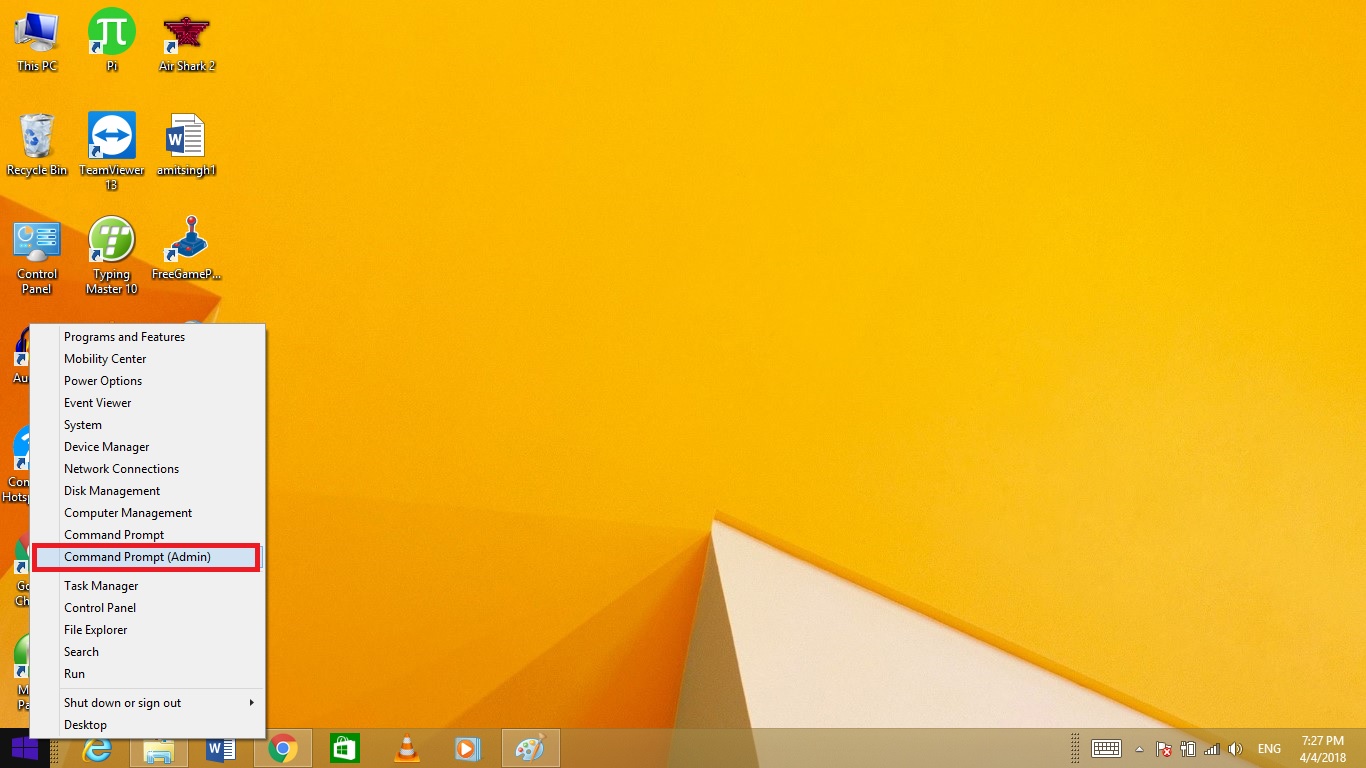Difference between x86 and x64 COMPUTERS
Key Difference: x86 is a family of instruction set architectures that are based on the original Intel 8086 CPU. The x64 is an instruction set architecture that belongs to the x86 family that supports 64 bits per address.
Computer technologies have been constantly evolving to meet the demands of the customers. Newer, better and faster technology is being awaited for. When the developers meet a limitation on a certain standard, they end up changing the standard. X86 and x64 are both processor sizes that are available when purchasing a computer, though they differ in terms of performance.
The x16, x32 and x64 are different from each other and the bits refer to the way the processor handles the information. In the x16, only 16 logical processors can exist, while x32 can go up 32 logical processors and x64 can have 64 logical processors. If running a system in 32 bit architecture, the system is limited to the 32 bits that the registers can point to. The 32 bit pointer can only point a maximum of 4.2 billion addresses, which comes up to roughly 4GB. However, in 64 bit architecture, the system can point to almost unlimited addresses as the memory capacity would be the square of 4.2 billion. The x64 bit supports somewhere between 1 and 128GB RAM. The x64 architecture has not been utilized to its full potential and software for this architecture is still being perfected.
x86
|
x64
| |
Supports
|
16, 32 or 64 registry files depending on the architecture.
|
Supports 64 registry files.
|
Requirements
|
1-gigahertz (GHz) 32-bit (x86) processor or 64-bit (x64) processor, 512 MB of RAM
|
1-GHz 64-bit (x64) processor, 1 GB of RAM (4 GB recommended)
|
Memory access
|
Can access up to 4 GB of RAM.
|
Can access from RAM between 1GB and 128 GB depending on the edition.
|
Data Execution Prevention
|
Uses a software-based version of DEP.
|
Supports hardware-backed DEP.
|
Kernel Patch Protection
|
Not available
|
This feature is available. Kernel Patch Protection helps prevent a malicious program from updating the Windows Vista kernel.
|
Driver signing
|
Allows users to use unsigned drivers
|
All drivers need to digitally signed
|
32-bit drivers
|
Supports all 32-bit version drivers
|
Does not support
|
16-bit programs
|
Partially support 16-bit drivers
|
Does not support
|
Limitations
|
RAM is limited, security is minimal, speed is less than 64-bit, cannot run programs/drivers built for 64-bit
|
64-bit drivers may not be available for one or more devices in the system, drivers must be digitally signed, does not support 32-bit drivers/programs, locating programs specifically for 64-bit is difficult, not all hardware devices are compatible with the 64-bit system, authorization prompts
|

Comments